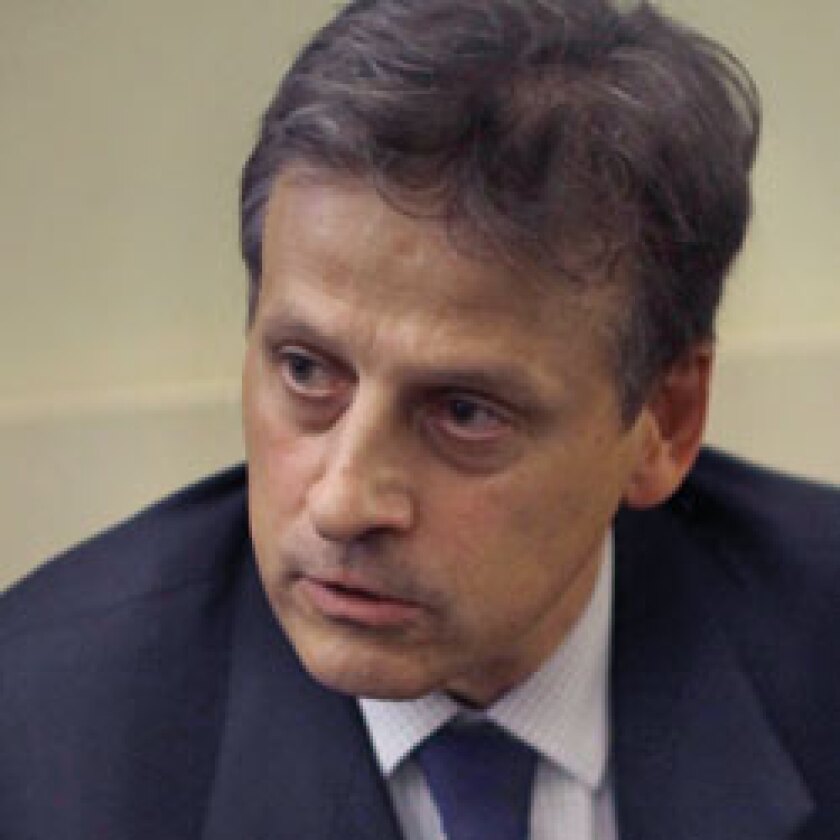A tentative rapprochement between Kosovo and Serbia is “a critical step forward” for both countries and for the region as a whole, according to the EBRD’s director for the Western Balkans.
Kosovo, the bank’s most recent country of operations, is still going through a long post-conflict reconstruction process. This is complicated by continuing questions over its sovereignty and status in the international community, which have exacerbated a structural unemployment problem that has left upwards of 40% of the working age population jobless.
“I would say that the process towards a normalization of the relationship with Serbia is essential, for Kosovo and for the region,” Claudio Viezzoli, EBRD regional director, told Emerging Markets.
“It would completely project a different image of the region if the two countries that have had so many disputes, even after the conflict, manage to cooperate in critical areas. It will be very important for the business environment.”
The prime ministers of Serbia and Kosovo met in Brussels last month and initiated an agreement that suggested, finally, a thaw in relations between the two. The document committed Kosovo to grant greater autonomy and reduce its security presence in majority ethnic Serb regions of the country, while in return Serbia will recognize Pristina’s authority over the area.
While tentative, the agreement has boosted the possibility of both moving towards greater integration with the EU, and potentially membership. The Serbian government has made little secret of its desire to begin negotiations towards accession, which could start as early as June.
Symbolic projects, such as the proposed “Reconciliation Highway” from Kosovo’s capital Pristina to Nis in Serbia are important, according to Viezzoli, who worked in the EBRD’s first mission to Kosovo in 1999, just two weeks after the NATO campaign in the region.
“[The highway] would be the physical proof that in fact the two can turn the page from conflict to reconciliation,” he says.
Serbia is yet to recognize Kosovo as a country, but the change in status with the EBRD—which has no assumption of sovereignty attached—has freed the bank to operate as though the fledgling nation is fully independent.
“Now we have the opportunity to do things in the private sector on a bigger scale... and we can do public sector operations. We can start to get engaged in transport, power and energy. Anything that has to do with a relationship at the business level with the government or local authorities,” Viezzoli said.
This means being able to participate in some of the critical, but underserved areas of the economy, and in the privatization of its larger utilities and industries. The bank has courted controversy by discussing support for a lignite power plant near Pristina, despite the protests of activists, civil society and the European Parliament, who all say it flies in the face of the need to reduce carbon emissions.
Viezzoli said the project needed to be looked at in the context of Kosovo’s immediate needs, resources and the state of integration with the power infrastructure in neighbouring countries. The state needs power to grow, he said, and with few natural resources other than lignite, the option to finance the plant needs to be considered.
- Follow us on twitter @emrgingmarkets
